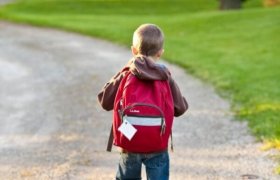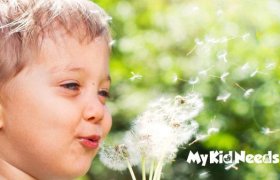The Benefits of Puzzles on the Child’s Development
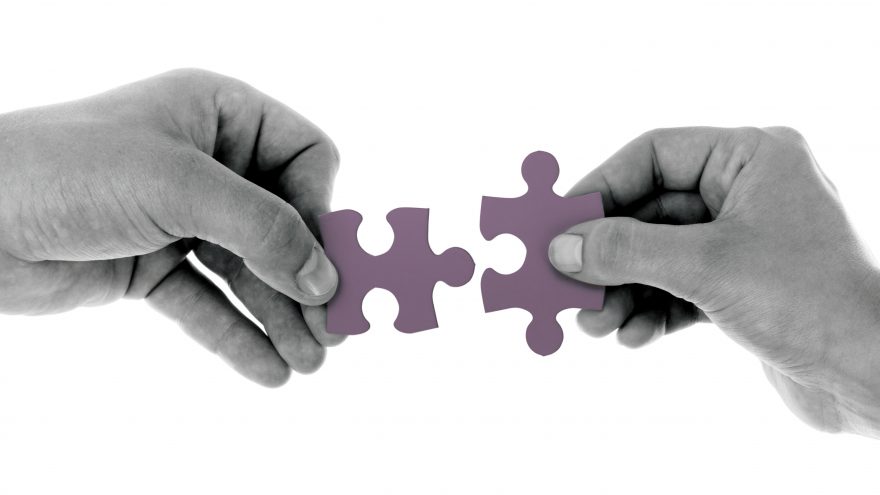
There are many options today for entertaining your little one, from board games made for almost any age group, to electronic toys that teach shapes, sounds, and colors, to computer software made with specific developmental milestones in mind, but what about the classic toys? Puzzles may have fallen in popularity in the wake of things that light up and make noise, but they are still a huge benefit to your child’s development on many levels.
While you may have a mental picture when someone says “puzzle” of a wooden slate with jigsaw pieces that fit into recessed spots, there is a lot more to the category of a puzzle than just that. Any toy that requires your child to perform actions or put pieces in a certain space or order can qualify as a puzzle, even improvised toys you make yourself. From shape sorters to jigsaw puzzles, to memory games, this article will cover all the benefits of puzzles on your child’s development.
Physical benefits
Gross motor skills– Gross motor skills are related to the big movement your body makes, think running, jumping, skipping, but also just moving your whole arm. Puzzles that work these are often things like sorting cups, a type of puzzle where a set of differently sized cups are nested into themselves. This is often the first type of puzzle a very young child will encounter. Learning to judge sizes and put the cups in the correct order will be a challenge but well worth it. Another puzzle using these same skills involves rings of different sizes that go onto a post. When people think of puzzles for babies they often picture these.
Fine motor skills– Fine motor skills are related to the smallest movements you make with your hands, like pinching one cheerio and putting it in your mouth. Puzzles that help develop these include peg/wood puzzles, where you have a slate of wood that has cutouts for different shapes that are held by a peg. Often these puzzles come in themes like farm animals, different types of vehicles like police cars and fire trucks, and even other things like shapes and colors. These puzzles can be difficult at first as well just from a physical standpoint, but when your child is ready they are a great way to practice those small movements.
Hand-eye coordination– Often overlooked, this is a key benefit of puzzles in early childhood, helping the brain make the connection from what the eyes are seeing and observing and what the body is physically doing. The more your child plays with a puzzle the more their brain is getting used to communicating in this way.
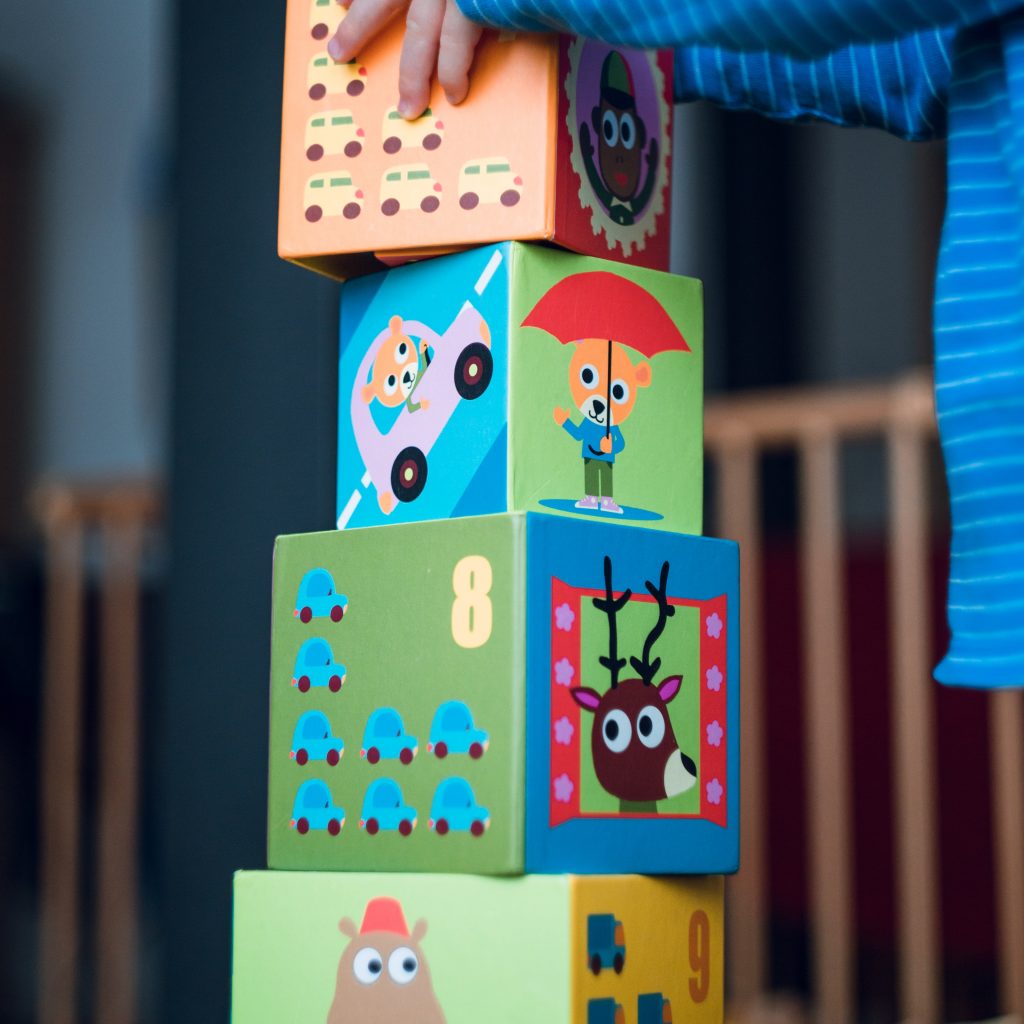
Social/Emotional benefits
Setting goals– Learning to start out with a mess and make it into less of a mess is a major life skill and while it can be frustrating at first, learning to look at a big problem and break it down into steps, is worth that frustration. Teaching your child to break a big problem down into its component parts is 50% modeling and 50% letting them try it out on their own. Puzzles are low risk, big reward way to practice doing this.
Emotional regulation– One of the biggest values you can instill in your child is the ability to cope with strong emotions and regulate them so they can continue to improve. It’s not reasonable to expect that your child will never get frustrated or angry, as we still do those things as adults. It’s not about keeping them happy or even making them pretend to be happy. It’s about learning to live with the discomfort of being frustrated and to cope with it in healthy ways. Throwing the puzzle across the room, while a go-to for many, isn’t actually a great reaction. Patiently helping your child learn when to take a break when to take a breath, and when to begin again is a long term learning experience, but puzzles can help speed things along by giving your child a low-pressure window into the world of frustration.
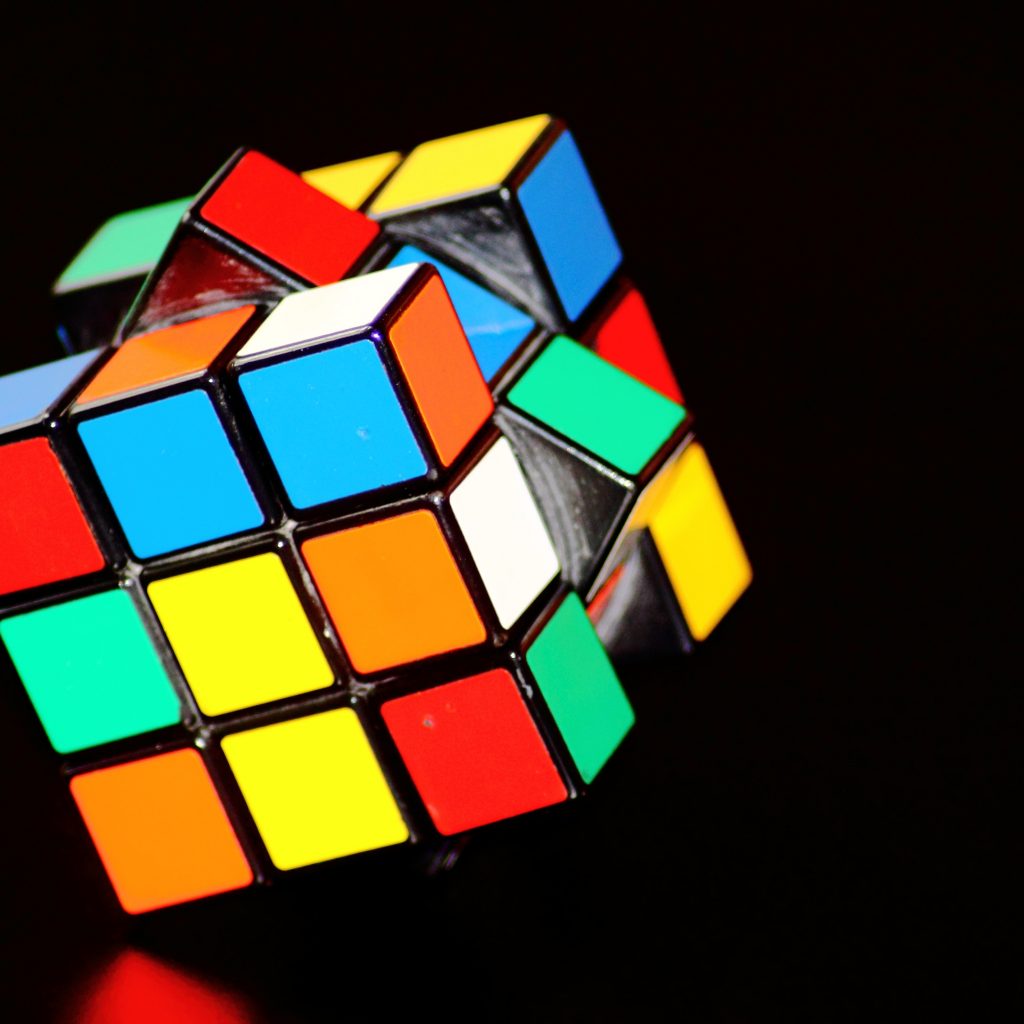
Cognitive/Educational benefits
Shapes, colors, numbers, and order- Doing puzzles helps your child have a hands-on understanding of many academic subjects and space to kinetically interact with concepts that they may not be apt to learn just by rote memorization.
Critical thinking– Puzzles are a pass/fail kind of game and while that may seem high stakes to you, remember your child doesn’t yet have a huge complex about failing and you should encourage the parts of them that want to keep trying. Praise effort not perfection, a good puzzle is a bit of a stretch, a tiny bit too hard, so expecting perfect success isn’t a reliable goal, however, watching them try things out and fail and try new things is often magical. Learning to experiment, understand what went wrong, and try again using that knowledge is a process that your child will encounter again and again when solving a puzzle and those are the building blocks of critical thinking in all academic subjects and in life in general. Getting comfortable with setbacks and learning to analyze a situation before acting is an incredible skill set for anyone.
Creativity– As your child ages you may find that the puzzles available to them have more than one solution, especially when you start getting into computer or video game based puzzles. There may be multiple ways to arrive at the solution or there may be multiple ways to solve the problem. Creative thinking is a strong predictor of success in life, and developing it through puzzles is a smart way to help your child along.
Every play experience, directed or undirected, with a goal at the end or no goal in sight is an important part of your child’s education, emotional health, social understanding, and physical well being. While every toy can’t be as cool and concrete as puzzles are, they are all important aspects of your child’s development. Puzzles are just one piece of a well-rounded childhood adventure.



